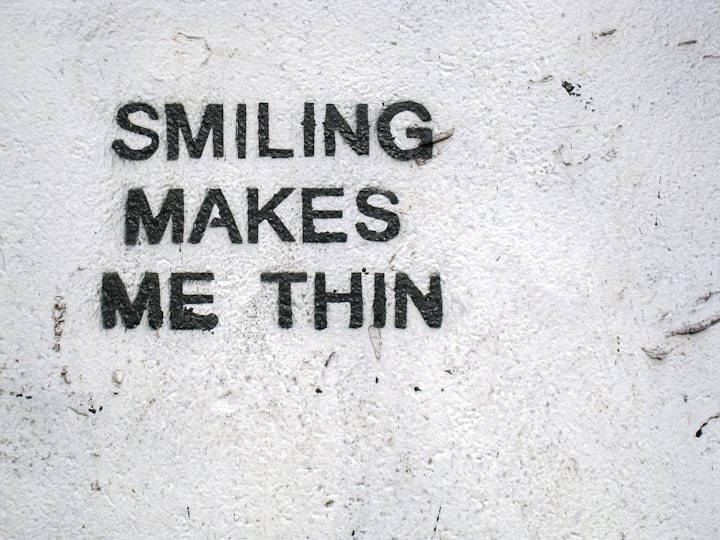
Humor is a fundamental aspect of human life. It is a quality that makes us laugh, smile, and feel happy. Humor is a complex and multifaceted concept that has been studied by scholars from various fields such as psychology, philosophy, and linguistics. In this article, we will explore what humor is, the different theories and models of humor, and the role of humor in our lives.
What is humor?
Humor is a broad and multifaceted concept that is difficult to define. At its core, humor involves a sense of fun, pleasure, or amusement. Humor is often associated with laughter, but not all humorous situations elicit laughter. The definition of humor varies depending on the context and the individual's perspective. Some people find humor in puns, jokes, and physical comedy, while others find it in situational irony, sarcasm, or satire.
According to the incongruity theory, humor arises from the perception of a violation of expectations or a mismatch between what is expected and what actually happens. This theory suggests that humor is a cognitive process that involves detecting and resolving the incongruity. For example, a joke about a chicken crossing the road can be humorous because it violates our expectations of why the chicken would be crossing the road.
Another theory of humor is the superiority theory, which posits that humor is a way of expressing superiority over others. According to this theory, humor involves making fun of someone or something, which makes the person telling the joke or making the observation feel superior. However, this theory has been criticized for being too simplistic and not accounting for the fact that humor can also be self-deprecating.
The relief theory of humor suggests that humor arises from the release of tension or anxiety. This theory suggests that humor serves as a coping mechanism that allows people to deal with difficult or stressful situations. For example, people may use humor to cope with a difficult boss or a challenging situation.
The social theory of humor suggests that humor is a way of building and maintaining social relationships. According to this theory, humor helps to establish and reinforce social bonds by creating a sense of shared experience and identity. For example, people may tell jokes or share humorous stories as a way of bonding with their friends or family.
The role of humor in our lives
Humor plays an essential role in our lives. It is a way of coping with stress, building social relationships, and expressing emotions. Here are some of the ways that humor impacts our lives:
Stress reduction
Humor is an effective stress-reduction tool. Laughter releases endorphins, which are natural mood-boosters that can reduce stress and anxiety. Humor can also help to shift our perspective and reframe negative situations in a more positive light.
Health benefits
Humor has been shown to have various health benefits. Laughter can boost the immune system, lower blood pressure, and reduce the risk of heart disease. Humor can also improve mental health by reducing symptoms of depression and anxiety.
Social bonding
Humor is a powerful social bonding tool. People who share a sense of humor are more likely to form strong social bonds and feel a sense of connection with each other. Humor can also help to diffuse tense situations and improve communication.
Communication
Humor can be a powerful tool for communication. It can help to break down barriers and create a sense of rapport between people. Humor can also be used to convey complex or difficult messages in a more accessible and engaging way.
Coping mechanism
Humor can be a valuable coping mechanism for dealing with difficult situations. It can help to alleviate stress and provide a sense of perspective. Humor can also be a way of expressing difficult emotions in a more manageable way.
Conclusion
Humor is a complex and multifaceted concept that plays an important role in our lives. It can be used to reduce stress, improve mental health, build social relationships, facilitate communication, and serve as a coping mechanism. Humor is also a universal aspect of human experience that transcends cultural and linguistic boundaries. However, it is important to note that humor can also be a source of offense and hurt if used inappropriately.





Comments
There are no comments for this story
Be the first to respond and start the conversation.